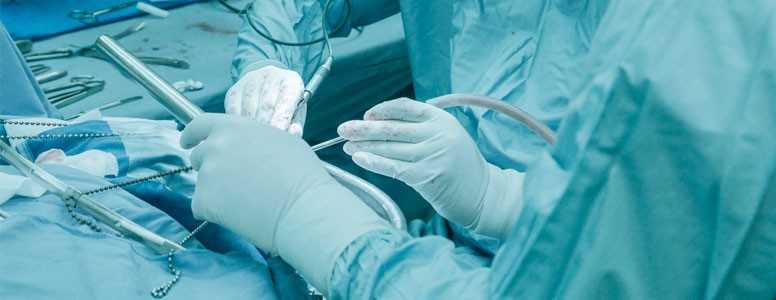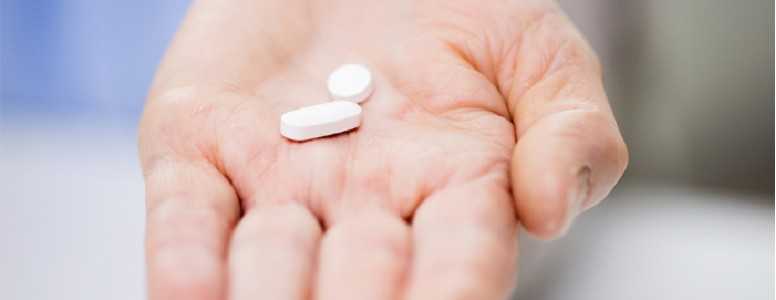Japanese scientists have grown mouse pancreases inside rats, which could have major implications for people with type 1 diabetes.
In this new research, pancreatic islet cells from mice were grown inside rats and then successfully transplanted into other mice with diabetes.
Islet cell transplantation is a budding treatment technique for type 1 diabetes, but the shortage of organ donors means that it is performed on a sparing basis.
But in showing that inter-species organ generation can be done successfully, this technique could aid the production of transplantable human tissue and organs, meaning islet cell transplantation could be more widely offered.
Insulin production
Researchers at the University of Tokyo, Japan had previously grown a rat pancreas in a mouse, but it only grew to the size of a mouse pancreas and could not be transplanted into a larger rat.
To address this problem, they performed the experiment the other way around – growing a mouse pancreas into a rat. First, the rats were genetically modified so their offspring would be unable to make their own pancreas, then mouse stem cells were injected into the offspring a few days after conception.
The stem cells mixed with the embryonic cells in the rat offspring and developed as normal, except their pancreases mostly comprised mouse cells.
The researchers discovered that the islet cells replaced the original beta cells in the rat offspring. This meant insulin was produced and blood sugars levels remained normal for over a year.
The success of the transplant meant that there was no need for immunosuppressant drugs, which are normally given following islet cell transplantation to avoid transplant rejection.
Future issues
The term for this creation is a “chimera” – an animal that is the hybrid of two or more species; in this case a mouse and a rat.
But there are significant issues to be addressed before this research can ever lead to trials on humans. In any future human studies, pigs would most likely be chosen to host organs, but pigs are less genetically similar to humans than rats are to mice, and there is a danger that a human organ growing in a piglet would be rejected by its immune system.
Then there is the important debate around the ethics of creating a human and pig hybrid and the moral ramifications this could have.
The findings appear online in the journal Nature.
What's new on the forum? ⭐️
Get our free newsletters
Stay up to date with the latest news, research and breakthroughs.








